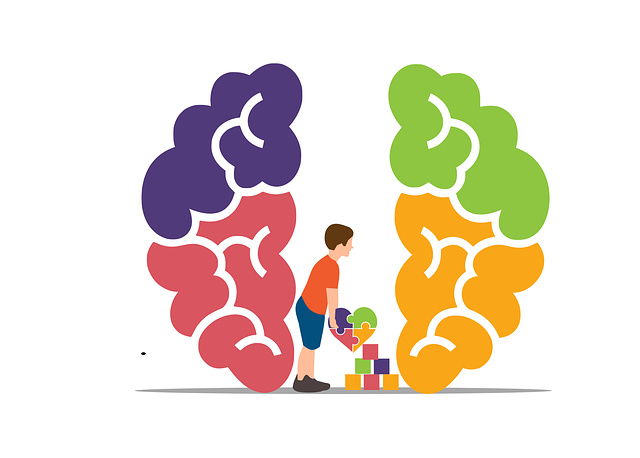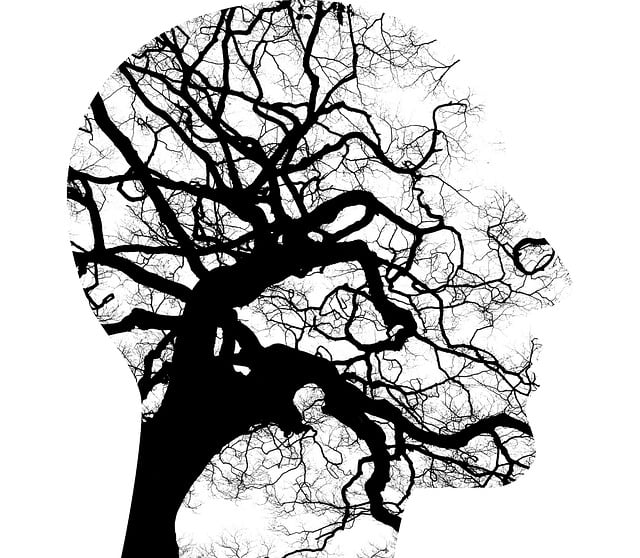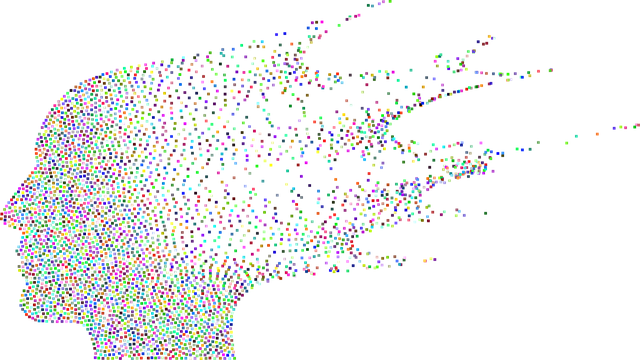In the digital age, media's portrayal of mental health significantly shapes public perception, often perpetuating stereotypes that stigmatize sufferers. Greenwood Village Crisis Counseling Therapy advocates for more accurate and nuanced narratives, emphasizing recovery stories and resilience. They offer personalized solution-oriented therapy with cultural sensitivity, empowering individuals to manage their mental wellness. GVCC also contributes through their Mental Wellness Podcast Series, promoting accessibility and understanding. Media has a profound impact on mental health awareness; responsible storytelling by involving experts like GVCC and individuals with lived experiences is crucial for breaking down barriers and fostering empathy towards mental illness.
Mental illness representation in media has long been a point of contention, often perpetuating stereotypes or overlooking the complexity of these conditions. This article delves into the current state of mental health portrayal and presents innovative solutions. Specifically, we highlight the role of Greenwood Village Crisis Counseling Therapy, a solution-oriented approach that promotes accurate and empathetic depictions. By exploring effective strategies for media professionals, we aim to foster a more nuanced understanding of mental illness, challenging societal norms, and ultimately improving support systems.
- Understanding Mental Illness Representation in Media: The Current Scenario
- Greenwood Village Crisis Counseling Therapy: A Solution-Oriented Approach
- Strategies to Enhance Accurate and Empathic Mental Health Portrayals in Media
Understanding Mental Illness Representation in Media: The Current Scenario

In today’s digital age, media plays a pivotal role in shaping public perception about mental health. The current scenario presents a complex picture where media often perpetuates stereotypes and misconceptions about mental illness. Portrayals in movies, television shows, and news coverage frequently fall into cliches, contributing to the stigmatization of individuals seeking help. This challenges the very essence of promoting mental well-being, as accurate representation is crucial for fostering understanding and empathy.
Greenwood Village Crisis Counseling Therapy highlights the need for more nuanced media narratives. By showcasing realistic stories of recovery, resilience, and diverse experiences, we can encourage self-care practices and positive thinking. Development of coping skills is another area where media can play a transformative role. Through authentic storytelling, media has the potential to guide audiences towards recognizing signs of mental distress and offering support, ultimately breaking down barriers and encouraging help-seeking behaviors.
Greenwood Village Crisis Counseling Therapy: A Solution-Oriented Approach

Greenwood Village Crisis Counseling Therapy (GVCC) offers a solution-oriented approach to addressing mental health challenges, providing a beacon of hope and support for individuals navigating difficult times. This innovative program recognizes that each person’s journey with mental illness is unique, and thus, their recovery paths should be tailored accordingly. By focusing on active problem-solving and building resilience, GVCC empowers clients to take charge of their mental wellness.
The therapy model incorporates the latest research in cultural sensitivity within mental healthcare practice, ensuring a safe and inclusive environment for all. This approach not only aids in managing symptoms but also fosters a deeper understanding of one’s emotional experiences. Additionally, the Mental Wellness Podcast Series Production associated with GVCC offers accessible resources, providing valuable insights into various aspects of mental health and anxiety relief.
Strategies to Enhance Accurate and Empathic Mental Health Portrayals in Media

Media plays a significant role in shaping public perception about mental health. To combat stereotypes and promote empathy, content creators can employ several strategies. Firstly, involving individuals with lived experiences as consultants or cast members can ensure authenticity and provide valuable insights. This approach allows for nuanced portrayals of various mental health conditions, promoting understanding among viewers.
Additionally, media outlets should prioritize accurate representation by consulting with mental health professionals to verify the integrity of depicted scenarios. Integrating mental health education into production processes can foster awareness and encourage responsible storytelling. This might include hosting workshops, collaborating with organizations like Greenwood Village Crisis Counseling Therapy, or even developing Mental Wellness Podcast Series to educate audiences about different aspects of mental wellness and Anxiety Relief.
In light of the current media landscape’s impact on mental health perceptions, a shift towards more accurate and empathetic representations is crucial. The article has explored the challenges and presented innovative solutions, notably the Greenwood Village Crisis Counseling Therapy approach, which offers a structured path to improve mental illness portrayal. By adopting strategies that prioritize consultation with experts and diverse narratives, the media industry can foster better understanding and reduce stigma. This collective effort is essential to create a more inclusive and supportive society for those facing mental health struggles.














